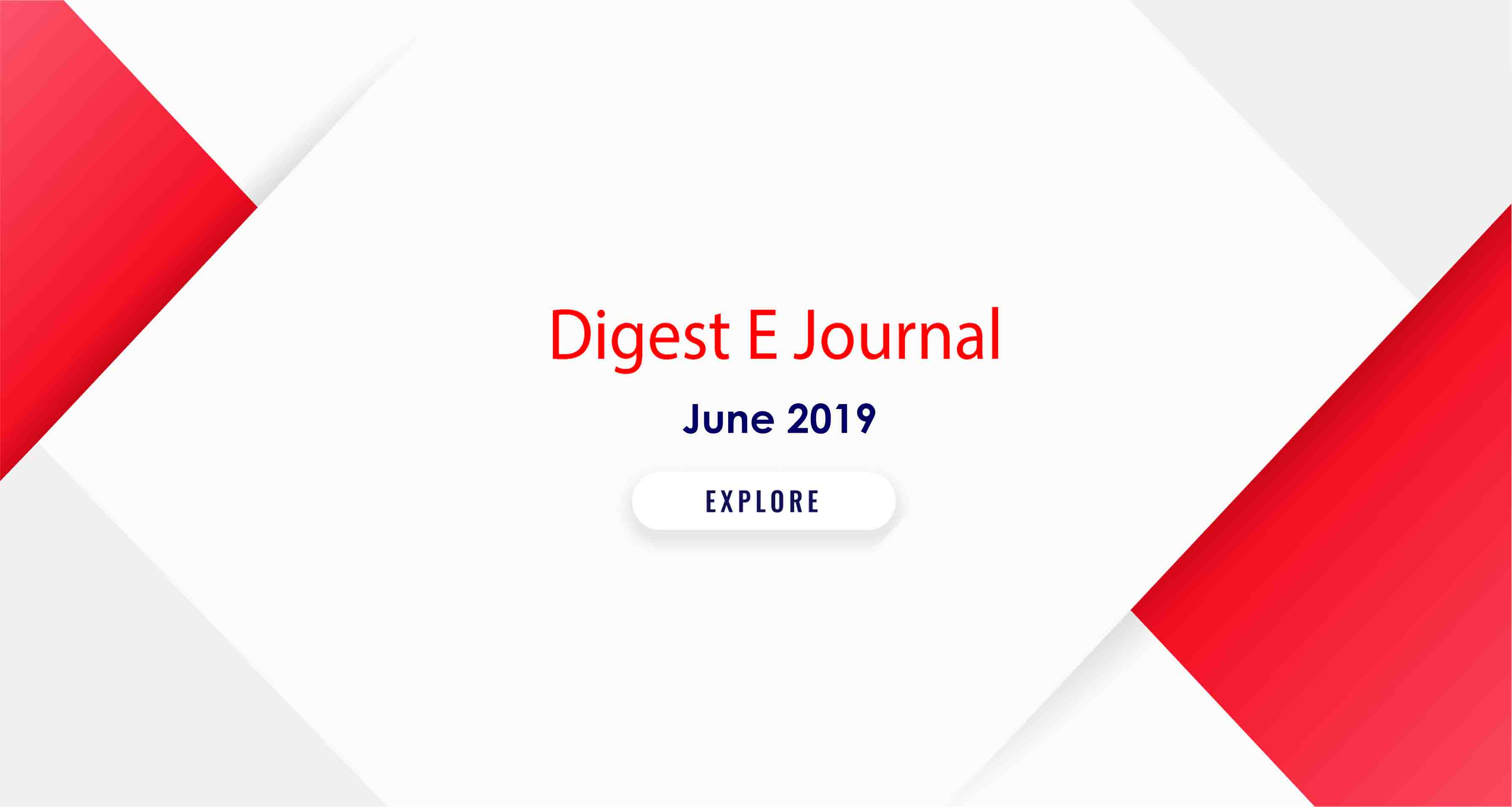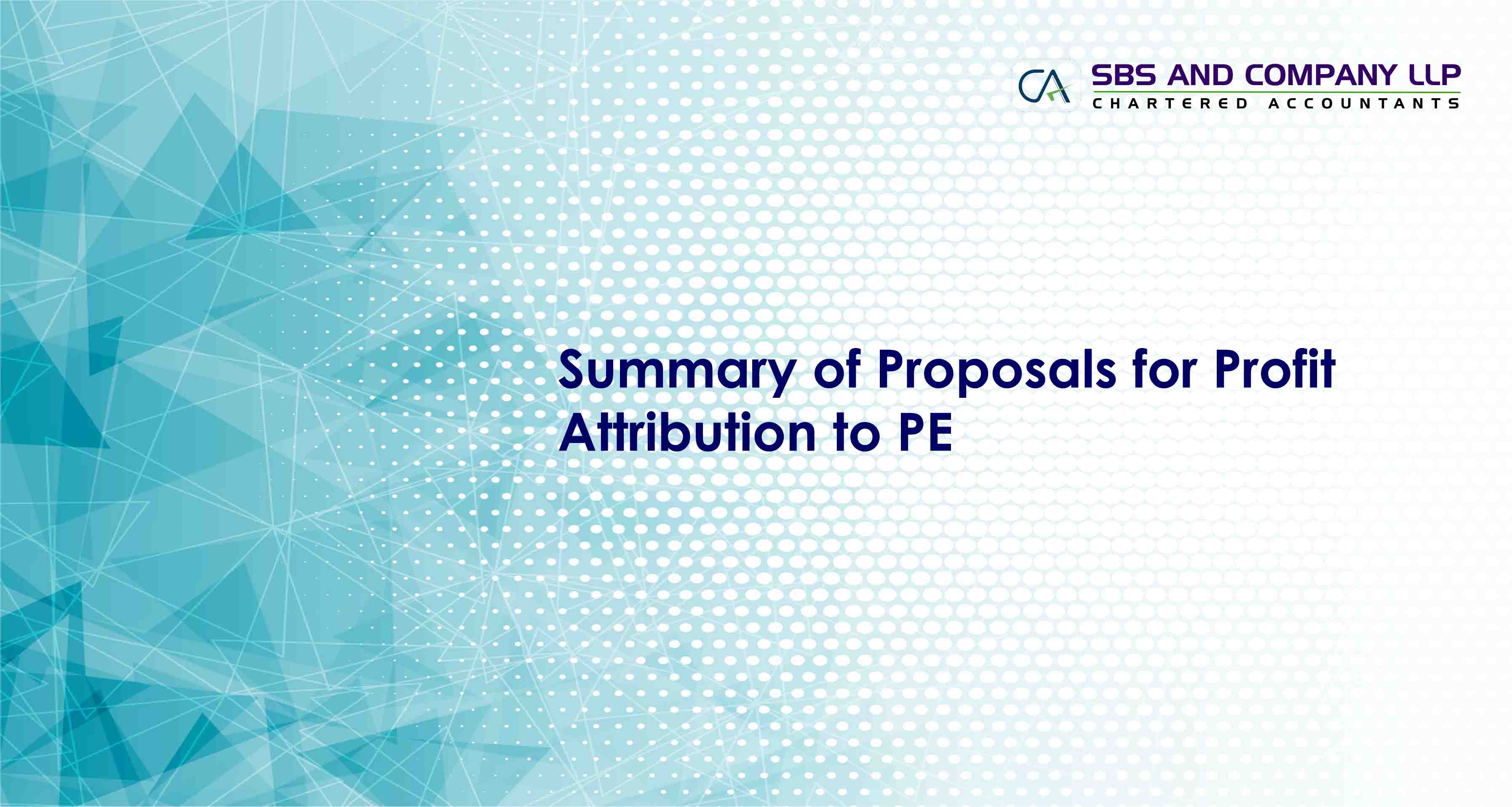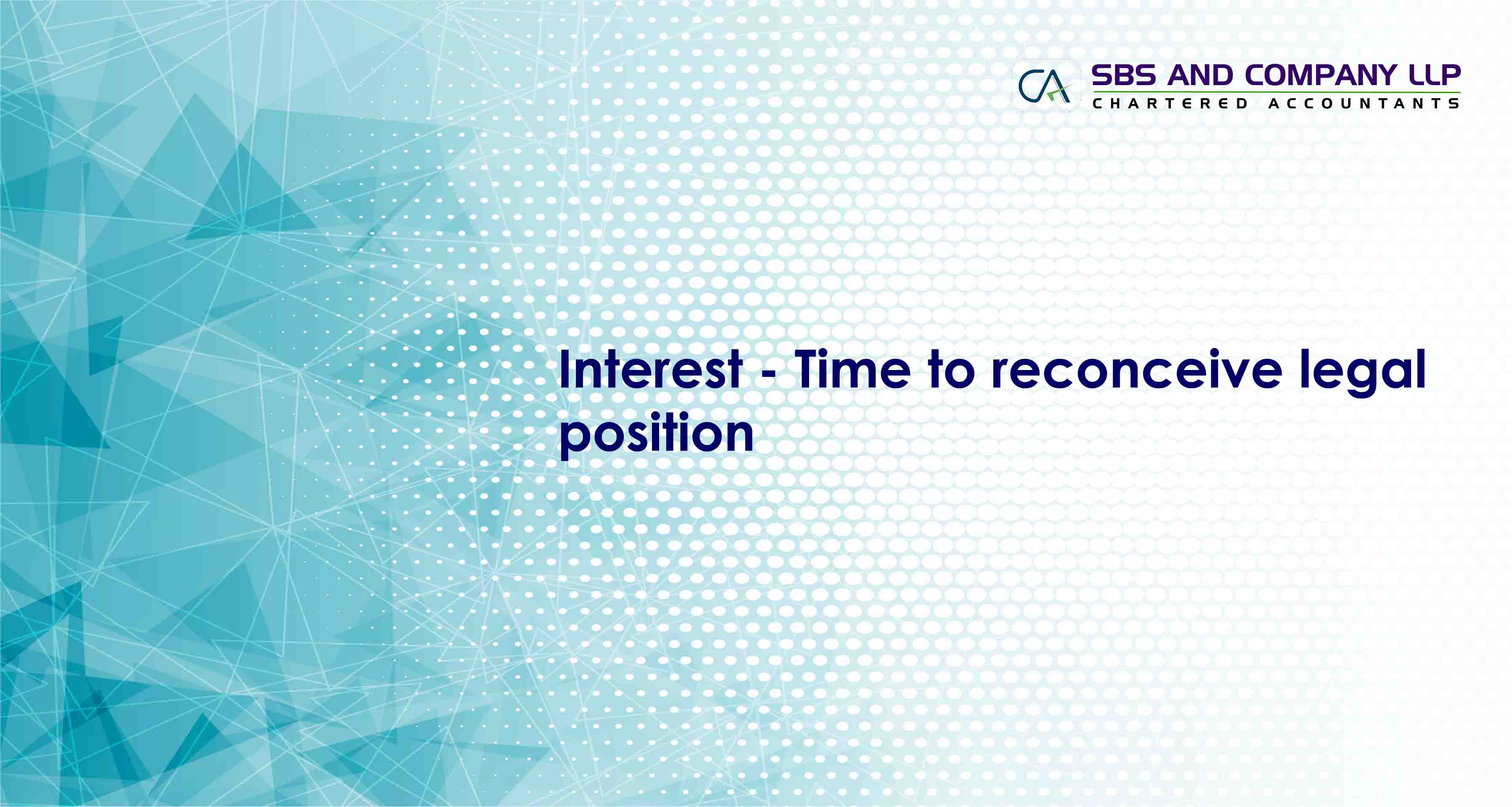Contents
Amendments to Income Tax Act, 1961.
Section 9(viii) – Income deemed to accrue or arise in India vis-à-vis Section 56(2)(x)
Section 9A – Extended time to achieve monthly average corpus by specified funds – FIIs.
Section 10 – Certain Incomes not to be included in Total Income – Certain Interest Payable to NRs.
Section 12AA – Amendments in Procedure for Registration of Trust or Institution.
Section 40 – Payer not be treated as Assesse in Default in case of payments to NRs.
Section 43B – Deduction of Interest on payment basis to loans extended by specified NBFCs.
Section 43D – Payment of Tax on Interest on receipt basis by specified NBFCs.
Section 47 – Securities dealt by Category III AIFs – Not to be treated as Transfer
Section 50CA – Relaxation for Notified Persons from provisions of FVC – Other than Quoted Share.
Section 54GB – Extension for Investment in Eligible Start-Up on transfer of Residential Property.
Section 56(2)(viib) – Extension of Non-Applicability to Category II AIFs & Other notified Companies.
Section 56(2)(x) – Class of Persons to which such section is not applicable.
Section 79 – Relaxation for Eligible Start-ups to carry forward and set off loss – Shareholding.
Section 80C – Contribution to Pension Scheme by Employee of Central Government
Section 80CCD – Increase of Deduction – Contribution to Pension Scheme – By Central Government
Section 80EEA – Deduction of Interest – Rs 1.5 Lakhs – New Affordable Residential Apartment
Section 80EEB – Deduction of Interest – Rs 1.5 lakhs – Purchase of Electric Vehicle.
Section 80IBA – Affordable Residential Housing – Aligned with GST laws – Hyderabad as Metro.
Section 80LA- Deduction for Unit in IFSC – Any 10 Years out of 15 Years – 100%..
Section 92CE – Clarification in Secondary Adjustments & Additional Tax @ 18% - Option of Assessee.
Section 115O – Relaxation from Payment of DDT of Unit in IFSC out of Accumulated Income.
Section 115QA – BBT for Listed Companies too.
Section 115R – Exemption for unit in IFSC from payment of tax on distributed income.
Section 139 – Certain Transactions – Mandatory Filing of Return.
Section 139A – PAN or Aadhar, anything is fine.
Section 194IA – Consideration for Immovable Property for 1% deduction of tax.
Section 194M – Personal Use – 5% tax deduction at source – If exceeds Rs 50 lakhs.
Section 194N - Cash Withdrawals – 2% tax deduction at source – If exceeds Rs 1 Crore.
Section 269SU – Provision for prescribed mode for accepting payment in electronic modes.
Rates of Taxes – Surcharge & Domestic Companies.
Amendments to Prohibition of Benami Property Transactions Act, 1988.
Section 23 – Insertion of Explanation – No Investigation by IO after issuance of SCN..
Section 24 – SCN and Attachment of Property in Benami Transaction – IO..
Section 26 – Adjudication of Benami Property – Adjudicating Authority.
Section 54A – Penalty for non-compliance with summons and furnishing of information.
Section 55 – Prosecution to be sanctioned by Competent Authority – Not Board anymore.
Amendment to Reserve Bank of India Act, 1934.
Section 45IA – Enhancement of NOF – NBFC.
Section 45ID – Power to Remove Directors from Office of NBFC.
Section 45IE – Power to Supersession of Board of Directors of NBFC.
Section 45MAA – Action against Auditors – Debar from Audit of Banks – 3 Years at a time.
Section 45MBA – Resolution of NBFC.
Section 45NAA – Power in respect of Group Companies.
Amendments to Central Goods & Services Tax Laws.
Section 10 –Composition Scheme – Supplier of Services.
Section 44 – Inter-se transfer in Electronic Cash Ledger
Section 50 – Interest to be paid on net basis.
Section 54 – Refund – Power to CG to refund State Tax too.
Section 101A & Others – National Appellate Authority for Advance Rulings.
Section 110 – Provisional Attachment of Bank Accounts.
Section 140 – Power of Arrest – Offences Outside India.
Amendments to Service Tax Laws.
Retrospective Exemption – Liquor License Fee.
Retrospective – Exemption – Premium/Salami – Long Term Lease.
Sabka Vishwas (Legacy Dispute Resolution) Scheme, 2019.
Section 121 – Indirect Tax Enactments – Applicability of Scheme.
Section 123 – Relief available under LDR.
Section 124 – Persons Ineligible for making declaration.
Section 128 – Discharge Certificate – Conclusive Proof








